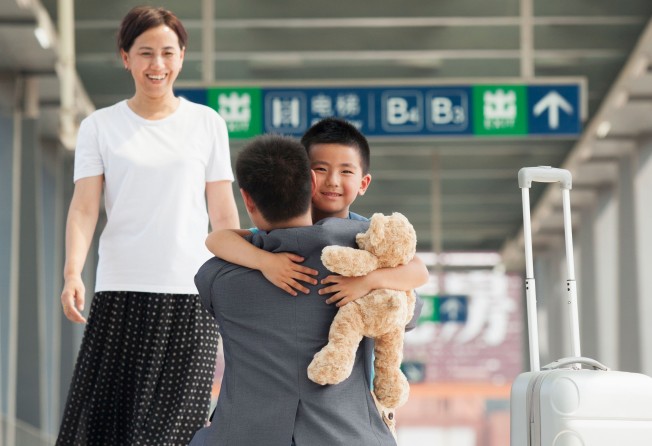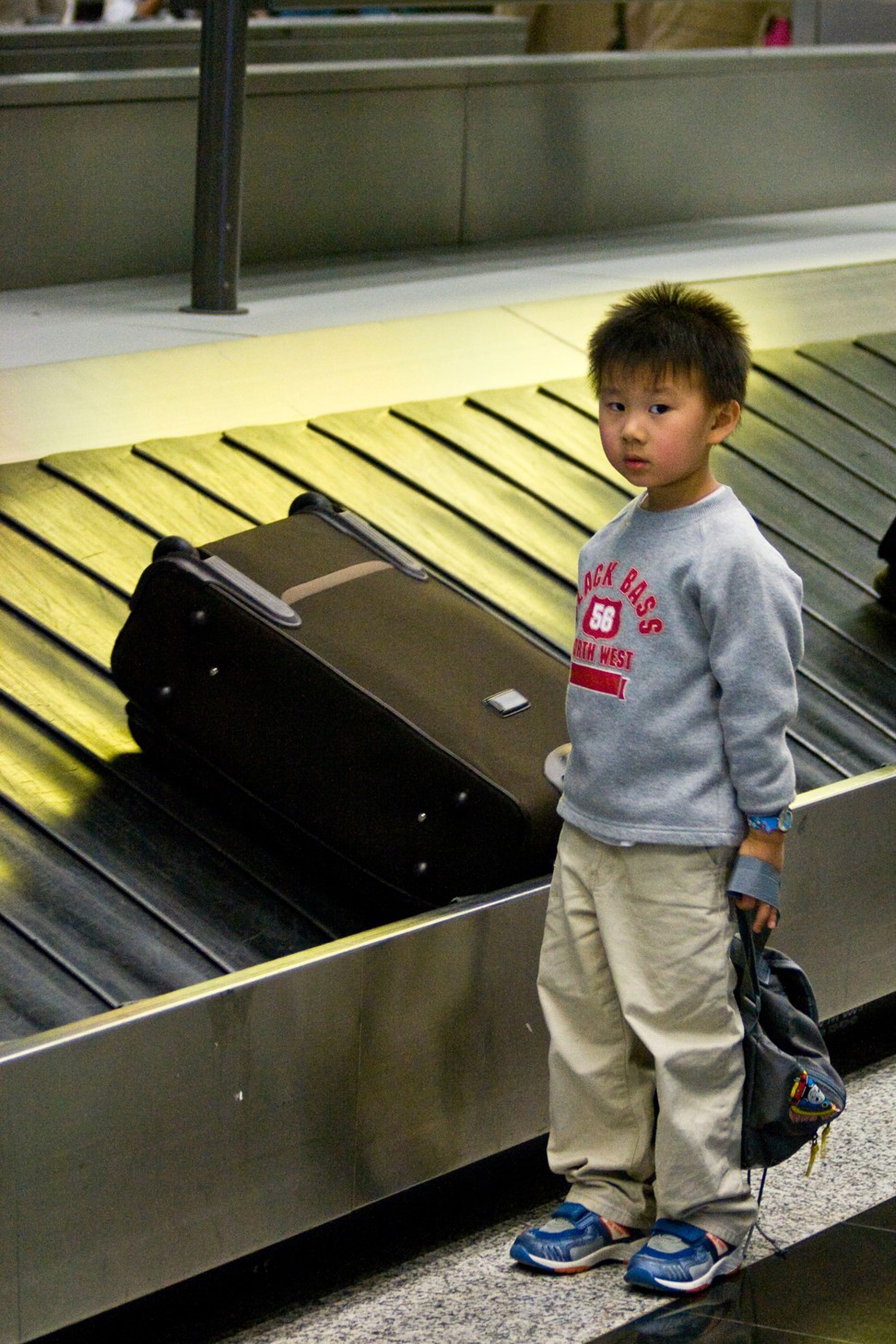
Are Chinese tiger parents sending their preschool kids to English-speaking countries for the kids’ benefit or their own?
Preschoolers account for 6 per cent of Chinese students on study tours, a recent survey shows. But are they old enough for the experience to be meaningful and memorable, or is it just to satisfy parental ambition?

I am apparently an “Elephant Mom”, the antithesis of Amy Chua’s “Tiger Mother” – a term immortalised in her 2011 bestselling memoir, Battle Hymn of the Tiger Mother.
In her book, Chua described the highs and lows of raising her two girls the “Chinese” way: with rigorous ambition.
One of my own daughters remarked on my (relaxed) approach to parenting long before Chua made lackadaisical mothers feel hopelessly inept. She demanded to know why I had not foisted violin lessons on her and her siblings, as many of my friends had done with their children (and as did Chua to her girls, who played at the prestigious Carnegie Hall concert venue in New York on the back of their perfect renditions of Mozart and Mendelssohn).
I didn’t really have an answer to that. I shuffled my feet, looked sideways and mumbled something sanctimonious about kids needing to find their passions in their own time. My daughter rolled her eyes. She knew a shirking parent when she saw one, she said.
If my free-range parenting was an unfashionable position back then, it is even more so now with the emergence of a new parenting trend. Jet-setting preschoolers in China – some as young as three – are being flown abroad to places such as the United States and Britain by parents anxious that their offspring experience kindergarten in English-speaking countries. The aim is to improve their language skills, expose them to a new culture and help them adjust to studying overseas in future.

According to a recent report by travel agency Tuniu.com, preschoolers accounted for 6 per cent of Chinese students on study tours.
But what value is there really? Are children that young able to take much of the adventure on board? Are they old enough for the experience to be meaningful, worthwhile and memorable, as opposed to just overwhelming?
My own children, as preschoolers, remember little of when I dragged them to Disneyland Paris – for the fun of it, mind, not to learn French (I’m an elephant, remember, not a tiger) – other than how their mother cruelly made them share a ham baguette and how funny it was that two-metre-tall Goofy made their baby sister cry. So my question is: how much of sending your (very young) child to the ends of the earth is about granting them a lifetime opportunity, and how much of it is about satisfying parental ambition?
There is a fine line between encouraging a child to recognise, then maximise, their own potential, and hothousing them to the point of furious rebellion. As happened with Chua, it all went swimmingly with obliging daughter No. 1, but “then my second daughter came along, and I got my comeuppance”, she wrote. “We locked horns from day one, and at 13, she rebelled.”
Katrina Rozga is a child and family therapist at The Jadis Blurton Family Development Centre in Hong Kong. She believes that fine line comes into view when parents push their children towards something they do not want to do.
“Parents want the best for their children, that’s a given, but sometimes their views of what is best overshadow what the child actually wants. There’s this belief that a person can only be successful if they follow one of three routes in life: medicine, law or engineering.”

I am reminded of a recent conversation I had with a 20-year-old. I asked him what he wanted to do. Without a trace of irony, he immediately replied that his mother wanted him to do engineering.
But, Rozga says, just because your child may not want to pursue what you had in mind for them, doesn’t mean they won’t be successful.
The difference, she explains, between being encouraging and being pushy is that encouragement comes from a positive place. “Consider the meaning of those two words: one brings to mind gently helping, while the other is the physical act of forcing someone forward.”
Parents, she says, need to occasionally take a step back and ask themselves: “Am I doing this for the child or for me? Is this really what’s best for him or her academically, mentally, emotionally, physically and socially? Is this what my child wants? Is he or she happy?”
If you aren’t sure about these answers, a really good first step is to include your child in the conversation.